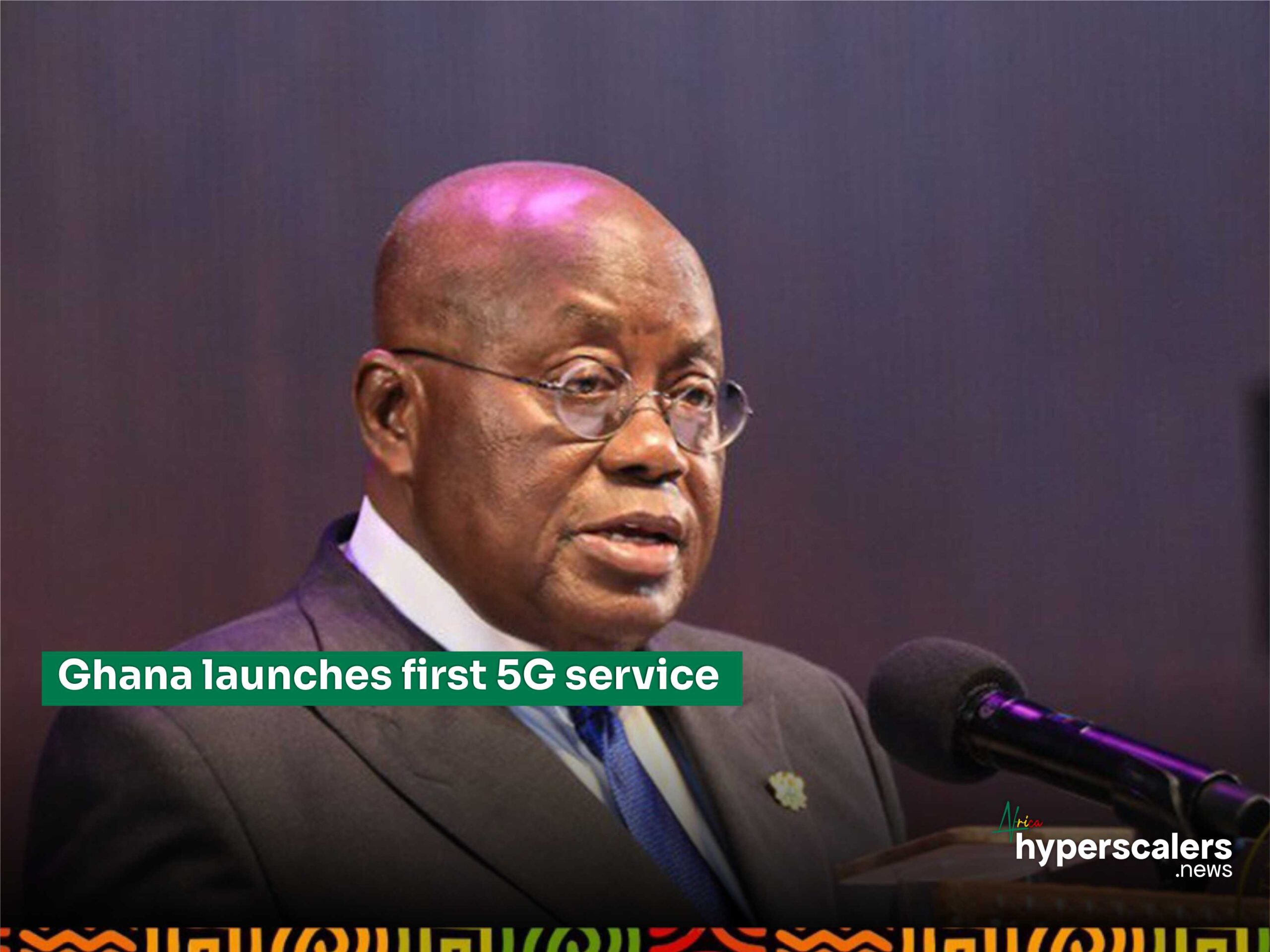Ghana has officially joined the 5G train, with the launch of high-speed 5G internet service. This marks a significant milestone in the nation’s digital development, with coverage Accra, Kumasi, and Takoradi, Ghana with a combined population of 7.8m persons.
The launch event, held at the La Palm Royal Beach Hotel, was attended by President Nana Addo Dankwa Akufo-Addo and the Minister of Communications and Digitalisation, Ursula Owusu-Ekuful. “This is truly a revolutionary leap forward that promises to redefine connectivity, productivity, and overall quality of life,” stated Minister Owusu-Ekuful. “Residents in Accra, Kumasi, and Takoradi will begin experiencing the benefits almost immediately, once the network operators activate it.”
The 5G rollout, led by NextGen InfraCo (NGIC) in collaboration with private firms including Ascend Digital, K-NET, Radisys (a subsidiary of Reliance Industries Limited), Nokia, Tech Mahindra, AT Ghana, and Telecel Ghana, will expand to additional urban areas by the end of 2024 and rural regions by 2026. Granted a 10-year exclusivity period, NGIC aims to build and operate nationwide 5G infrastructure accessible to all telecom providers, promoting equitable access to high-speed internet across the country. Tenu Awoonor, Managing Director of NextGen Infraco, remarked, “At NextGen Infraco, we are deeply proud to play our part in this transformation. We are not just watching; we are investing in the future of Ghana. We believe 5G is not only a tool for innovation but a catalyst for growth, development, and empowerment of every Ghanaian.”
NGIC’s Executive Director, Harkirit Singh, previously announced that the company plans to invest $145 million in Ghana’s infrastructure over the next three years.
Africa’s contribution to 5G pales considerably compared to the rest of the world. Earlier this year, the International Telecommunications Union’s (ITU) Mobile Network Coverage Facts and Figures 2023 report decried Africa’s dismal performance in 5G adoption, with a meager 6 per cent coverage, as opposed to a global average of 40%.
With 5G now launched in Ghana and supported by an infraco, the country should prioritize improving the affordability of 5G devices, developing innovative pricing models with tailored data plans, and implementing rural accessibility initiatives to expand 5G coverage and inclusivity.





